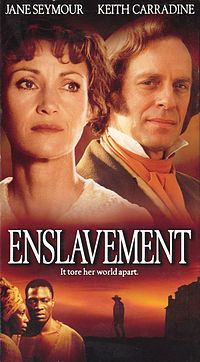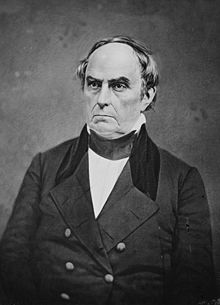Enslavement: The True Story of Fanny Kemble
Enslavement The True Story of Fanny Kemble is a 2000 American television film starring Jane Seymour and directed by James Keach. It depicts the life of British actress and abolitionist Fanny Kemble, who sees firsthand the horrors of slavery when she marries an American plantation owner. Her published diaries in the form of firsthand accounts are shown to influence the British governments decision to withhold support of the Confederacy during the American Civil War. Keith Carradine costars as Fannys husband Pierce Butler, with Keach, Adewale AkinnuoyeAgbaje, and Colin Fox also appearing.
Set in the nineteenthcentury, the film depicts the reallife story of British actress and abolitionist Fanny Kemble. When Kemble leaves her successful acting career to marry American lawyer and slave owner Pierce Butler, she becomes horrified by the treatment of the enslaved people. Her efforts to improve the lives of her husbands slaves result in their eventual divorce and the loss of access to her two daughters. Fanny later publishes her journals and their firsthand accounts of slavery, helping influence the British governments decision to withhold support of the Confederacy during the American Civil War.In 2000, it was reported that Dr. Quinn, Medicine Woman actress Jane Seymour and her husband James Keach would be costarring and coproducing a television film about the life of reallife abolitionist Fanny Kemble. Seymour had not heard of Fanny Kemble before being approached for the project, though she was aware of the Kembles for being a very famous acting family. She and Keach researched Fannys life and found that there was very little research to be found in America, but tons of it in England and Canada. As a result, they felt that Kembles life story would provide a different perspective of the historical period in the US. Seymour and Keach hired Christopher Lofton to write the film, and the three worked for five years before it was made. Seymour believed that the delay in securing financing stemmed partly from two factors companies were wary of the cost associated with period dramas as well as the lack of familiarity Americans had with Kembles life. ........
Source: Wikipedia







